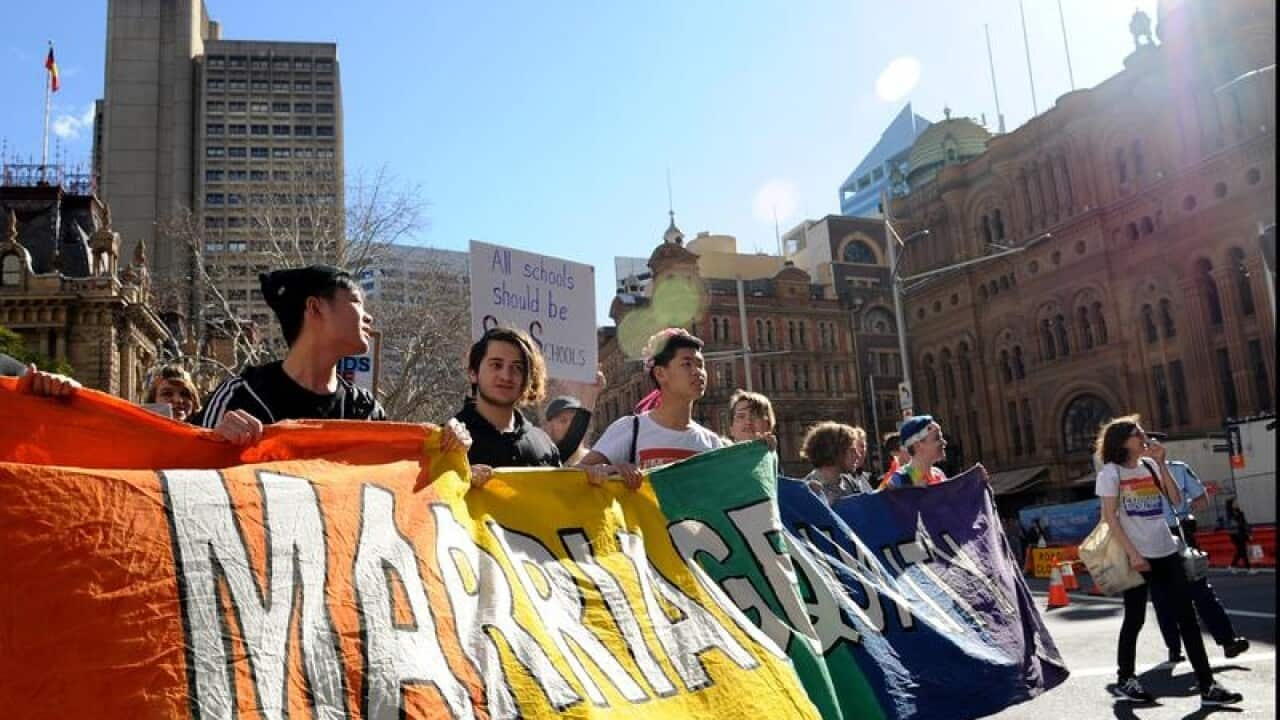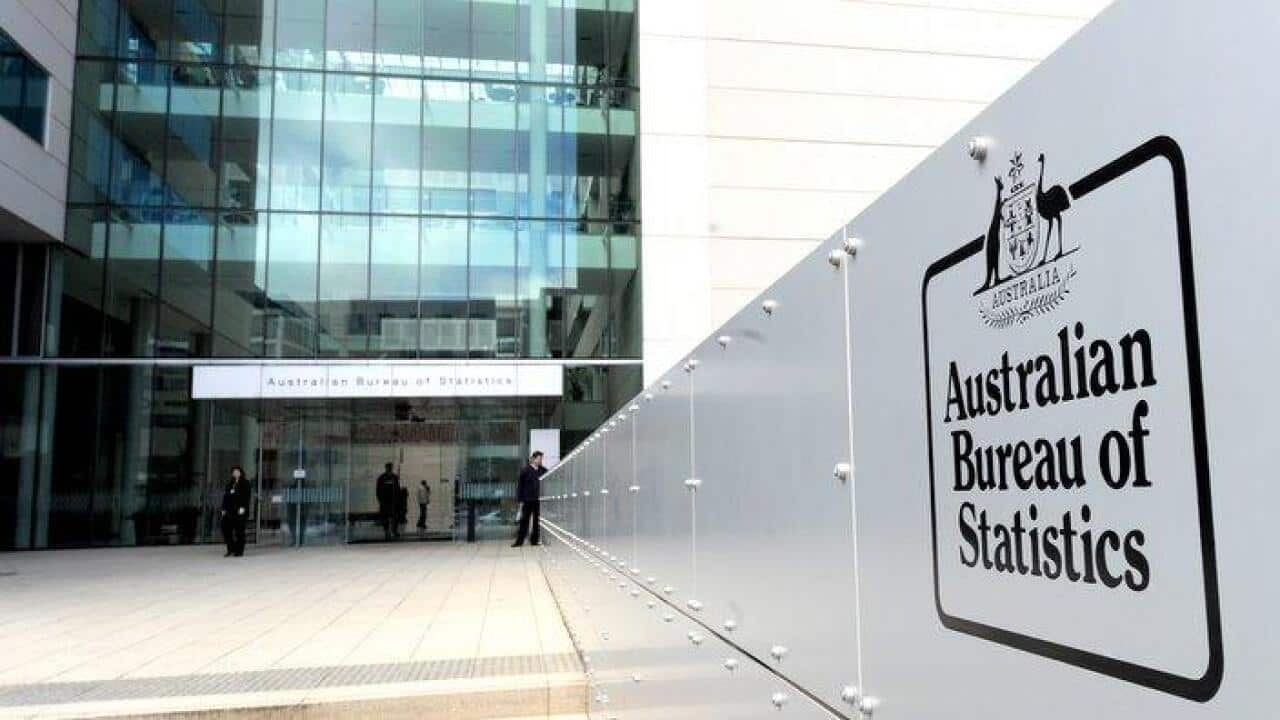Malcolm Turnbull, Bill Shorten and other members of parliament could miss out on voting in the same-sex marriage ballot unless the government finds a way around a legal issue.
Under electoral laws, people who believe that having their address shown on a publicly available roll may endanger their safety or that of their family can be listed as "silent voters".
This means their name is shown on the electoral roll, but not their address.
It is commonly used by thousands of Australians including MPs and business leaders.
However, the Australian Bureau of Statistics has yet to make any arrangements to allow "silent voters" to take part in the marriage survey.
Finance Minister Mathias Cormann said in a statement the ABS would make "further announcements" on the silent voter issue "as soon as arrangements have been finalised".
"Our commitment is for all Australians on the electoral roll, including silent electors, to have the opportunity to have their say," he said in a statement.
The Australian Electoral Commission is understood to hold the information under its relevant laws, but it is unclear how the ABS can legally access this information from the AEC.
There had been some speculation that 16 and 17 year olds may be able to take part in the survey.
Under Treasurer Scott Morrison's direction for the survey to be conducted, he wrote that an elector is someone "enrolled on the commonwealth electoral roll at the end of 24 August 2017".
Under the Electoral Act, a person can enrol at 16 years of age, but not vote at an election run by the electoral commission.
However, the AEC has said those under the age of 18 will not be entitled to vote.














